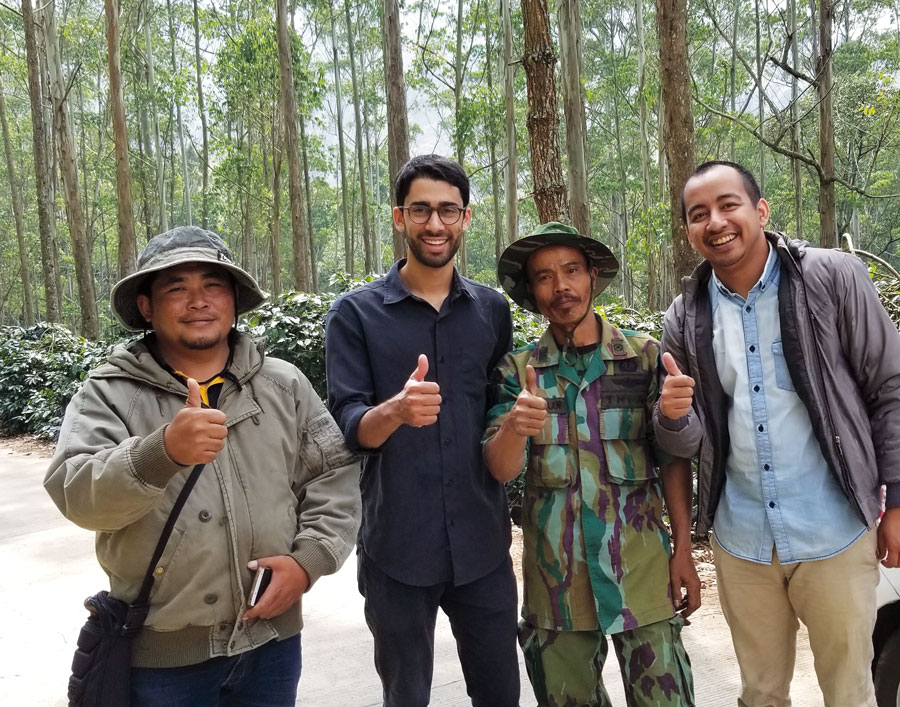

The second part? Well, that’s pretty on the mark.
Dunne’s company, Kaya Kopi, imports and sells kopi luwak, a coffee that’s fermented in the bellies of civets, which are called luwaks in the Indonesian language and sometimes mistakenly considered cats. He sources it from a plantation in West Java, Indonesia.
Wild civets there eat coffee cherries and digest the outer fruit, leaving the seeds (what we call beans) behind in their dung for workers to collect, clean and roast. Flavors vary with the type and origin of beans, but Dunne’s coffee has a hint of cacao on the nose, a lemony bite on the tongue and a silky, acid-free finish.

This labor-intensive production makes kopi luwak one of the world’s most expensive coffees. Jamaica Blue Mountain, a pricey single-origin varietal, runs around $100 per kilogram; Dunne charges $649 a kilo.
Who would pay that for a cuppa joe?
“It’s coffee connoisseurs who want to try something new,” Dunne says. “Most buy 2 or 3 ounces, just to try it. It makes a great gift for a coffee lover.”
A neuroscience major who works in consulting, Dunne first encountered the brew in Vietnam, where he moved after graduation. After connecting with an Indonesian producer, he began mailing kopi luwak to his brother in the U.S. to sell online. Kaya Kopi officially incorporated in 2017. Dunne now runs the business from Rochester, N.Y., along with Valet Seller, an ecommerce platform helping small businesses list and ship orders across online marketplaces. Kaya Kopi was its first client.
While kopi luwak is sometimes criticized for inhumane practices involving captive civets, Dunne notes his fair-trade coffee comes only from wild civets, which improves flavor. Wild civets have discriminating tastes, and only eat the ripest coffee berries.